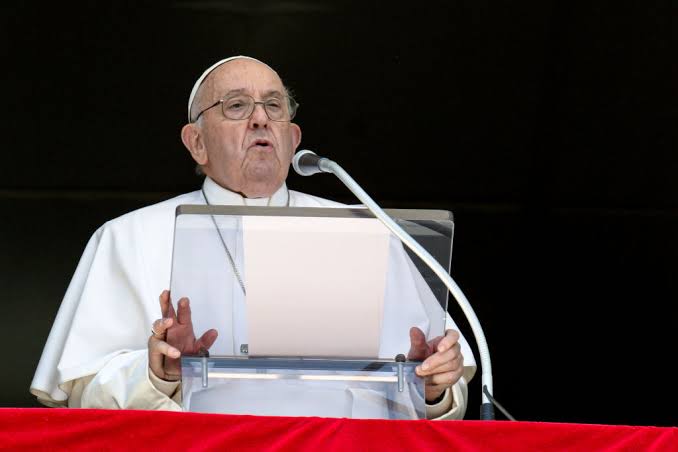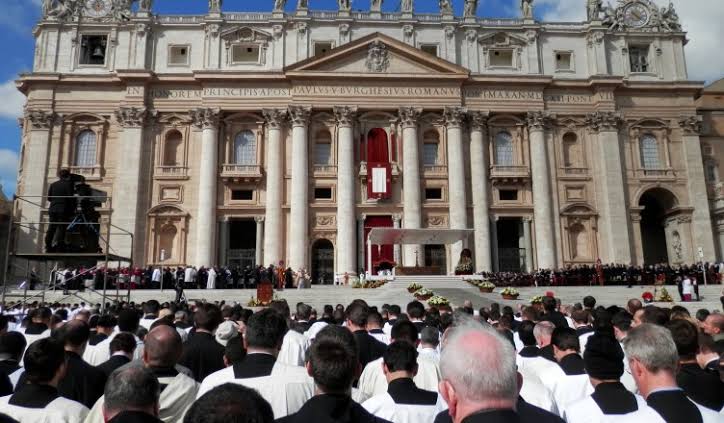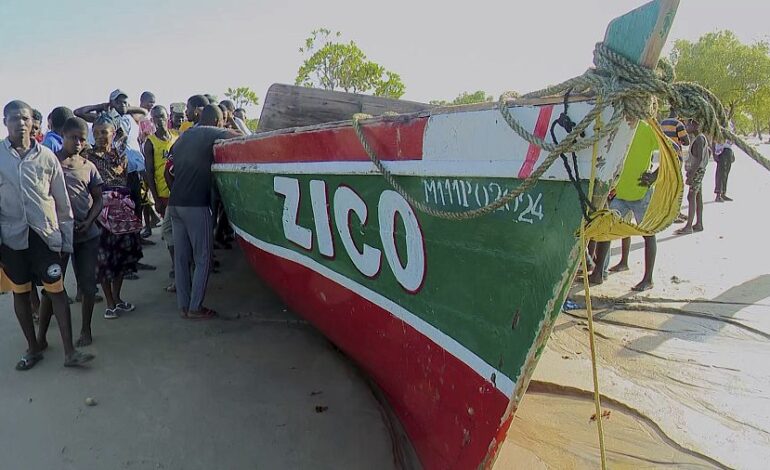
Faith Nyasuguta
The Vatican made headlines on Monday as it declared gender-affirming surgery and surrogacy as grave violations of human dignity, equating them with abortion and euthanasia in their rejection of God’s plan for human life.
This pronouncement, encapsulated in a 20-page declaration titled “Infinite Dignity,” had been in development for five years and received approval from Pope Francis on March 25.
Despite Pope Francis’ reputation for outreach to the LGBTQ+ community, the Vatican’s stance on gender-affirming surgery and surrogacy was perceived as a setback by trans Catholics. The document, while emphasizing the welcome of trans individuals into the church, reiterated the Vatican’s opposition to what it termed “gender theory” – the concept that one’s biological sex can change.
It asserted that God created man and woman as distinct biological entities, cautioning against attempts to alter this fundamental aspect of human nature.
Critics swiftly condemned the Vatican’s declaration as outdated and harmful, expressing concern about its potential to fuel discrimination and violence against trans individuals. Francis DeBernardo of New Ways Ministry, an advocacy group for LGBTQ+ Catholics, lamented the document’s failure to extend the principle of infinite dignity to gender-diverse people.
Similarly, Nicolete Burbach of the London Jesuit Centre criticized the Vatican for disregarding queer and feminist perspectives on the body, accusing it of dismissing these viewpoints as trivializing human dignity. She highlighted the document’s challenge in reconciling the church’s commitment to human dignity with its historical record of undermining it.
The announcement of the document’s existence came amid speculation dating back to 2019, with Cardinal Víctor Manuel Fernández confirming its development in recent weeks. Fernández, a close confidant of Pope Francis, positioned the declaration as a gesture toward conservative factions within the church, following controversy over a separate document endorsing blessings for same-sex couples.
However, the declaration also addressed issues such as the criminalization of homosexuality, aligning with Francis’ stance that being homosexual is not a crime. This nuanced approach aimed to strike a balance between conservative viewpoints and the pope’s advocacy for LGBTQ+ rights.

President Joe Biden, a devout Catholic, welcomed the Vatican’s declaration as a step towards protecting LGBTQ+ individuals globally. While the White House declined to comment on the specifics of internal church policy, it affirmed Biden’s support for safeguarding LGBTQ+ rights.
Regarding gender theory, Fernández emphasized Pope Francis’ belief that gender fluidity detracts from the inherent dignity of man and woman. Despite reaffirming the church’s welcome of trans individuals, the Vatican maintained its position that gender is immutable and integral to God’s plan for humanity.
In addition to addressing gender-affirming surgery and surrogacy, the declaration reiterated Catholic doctrine opposing abortion and euthanasia. It also expanded on Francis’ concerns about poverty, war, human trafficking, the death penalty, and forced migration, framing these issues within the context of human dignity.
Furthermore, the document condemned surrogacy as a violation of both the surrogate mother’s dignity and the child’s right to a fully human origin. It argued against treating the desire for a child as an entitlement, emphasizing the child’s dignity as the recipient of the gift of life.
Ultimately, the Vatican’s declaration reflects its ongoing effort to uphold Catholic teachings while grappling with contemporary ethical dilemmas. By framing gender-affirming surgery and surrogacy as affronts to human dignity, the Vatican seeks to reaffirm its commitment to traditional values in an ever-evolving social landscape.
RELATED:




